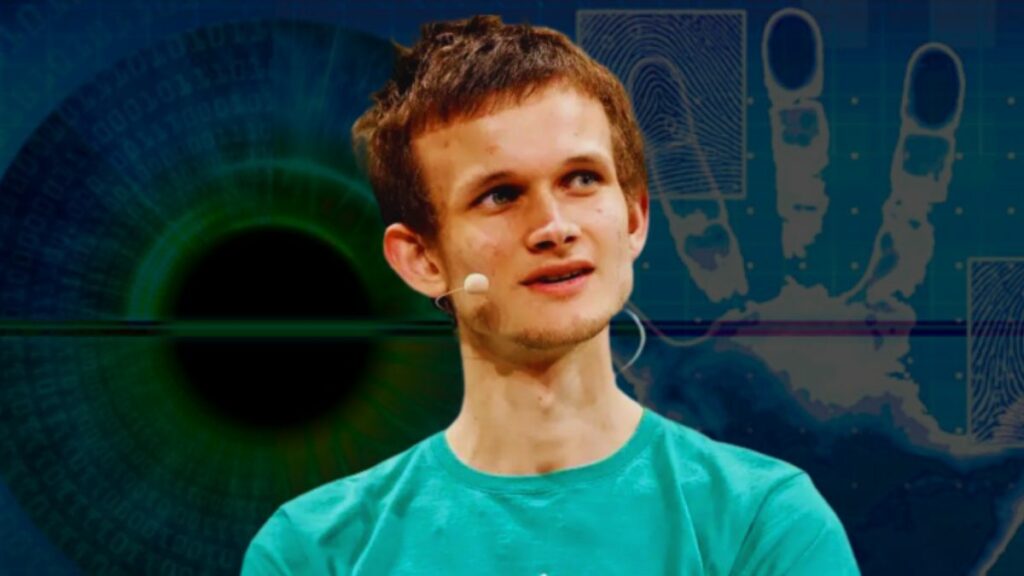As the Ethereum Community has been diligently exploring the creation of a decentralized proof-of-personhood system, Ethereum co-founder Vitalik Buterin has shared his insights on the matter, highlighting the challenges and potentials of this unique human problem. The insights came the same day Worldcoin trading went live on crypto exchanges.
What do I think about biometric proof of personhood?https://t.co/yozo1buW24
— vitalik.eth (@VitalikButerin) July 24, 2023
The concept of biometric proof of personhood revolves around verifying that a registered account is controlled by an actual human without revealing the person’s identity.
Vitalik Buterin Shares Thoughts on Biometric Proof of Personhood
This biometric proof of personhood, also known as the ”nique-human problem” verification process, ensures that each account is controlled by a distinct and genuine person, preventing duplicate or bot-controlled accounts.
Such a system is crucial for various reasons. It addresses issues of spam and concentration of power by allowing open and democratic mechanisms. Decentralized governance and voting systems become vulnerable to manipulation by wealthy actors if the uniqueness of human participants is not ensured.
Meanwhile, traditional identity systems like credit cards and passports solve the problem but often sacrifice privacy and can be exploited by governments.
Existing Efforts and Worldcoin’s Potential Project

Several initiatives have attempted to tackle the proof-of-personhood problem, such as Proof of Humanity, BrightID, Idena, and Circles. Each employs unique methodologies to verify users’ identities said Vitalik Buterin.
However, as noted by Vitalik Buterin, a standout among these projects is the recently launched Worldcoin, co-founded by Sam Altman, the founder of OpenAI. Worldcoin aims to counter potential job losses caused by AI advancements and identify genuine humans amidst automation.
Their approach involves advanced biometrics using a specialized hardware device called ”the Orb.” Users visit an Orb, which scans their iris to ensure uniqueness and then grants them a World ID. The Worldcoin team asserted on Twitter that 1,500 Orbs will be made available this summer and fall in more than 35 cities worldwide.
Worldcoin is scaling to 1.5K available Orbs this summer & fall in more than 35 cities around the world.https://t.co/ZTqdjpF87x
— Worldcoin (@worldcoin) July 24, 2023
While Worldcoin’s biometric approach shows promise, it faces certain challenges. Privacy concerns arise due to the registry of iris scans, potentially leaking sensitive information. Accessibility is another issue, as the widespread availability of Orbs is essential for global adoption. Additionally, the reliance on specialized hardware raises centralization concerns, as ensuring the device’s integrity becomes critical to the system’s security.
Addressing Privacy Issues with Biometric Proof-of-Personhood
Biometric proof-of-personhood systems can pose significant privacy risks by linking real-world actions to individual identities. However, the Ethereum co-founder maintains that this can be mitigated through zero-knowledge proof technology, such as ZK-SNARKs, which provide anonymity while proving a user’s authenticity.
Vitalik Buterin further suggests that no single proof-of-personhood approach is ideal. Instead, a combination of three paradigms can be more effective: specialized hardware biometrics (like Worldcoin’s Orb), general-purpose biometrics, and social graph-based systems.
He highlights the need for constant vigilance, third-party audits, and open-source technology to address potential pitfalls. Similarly, encouraging multiple alternatives in each category will foster a more robust and reliable proof-of-personhood ecosystem.










